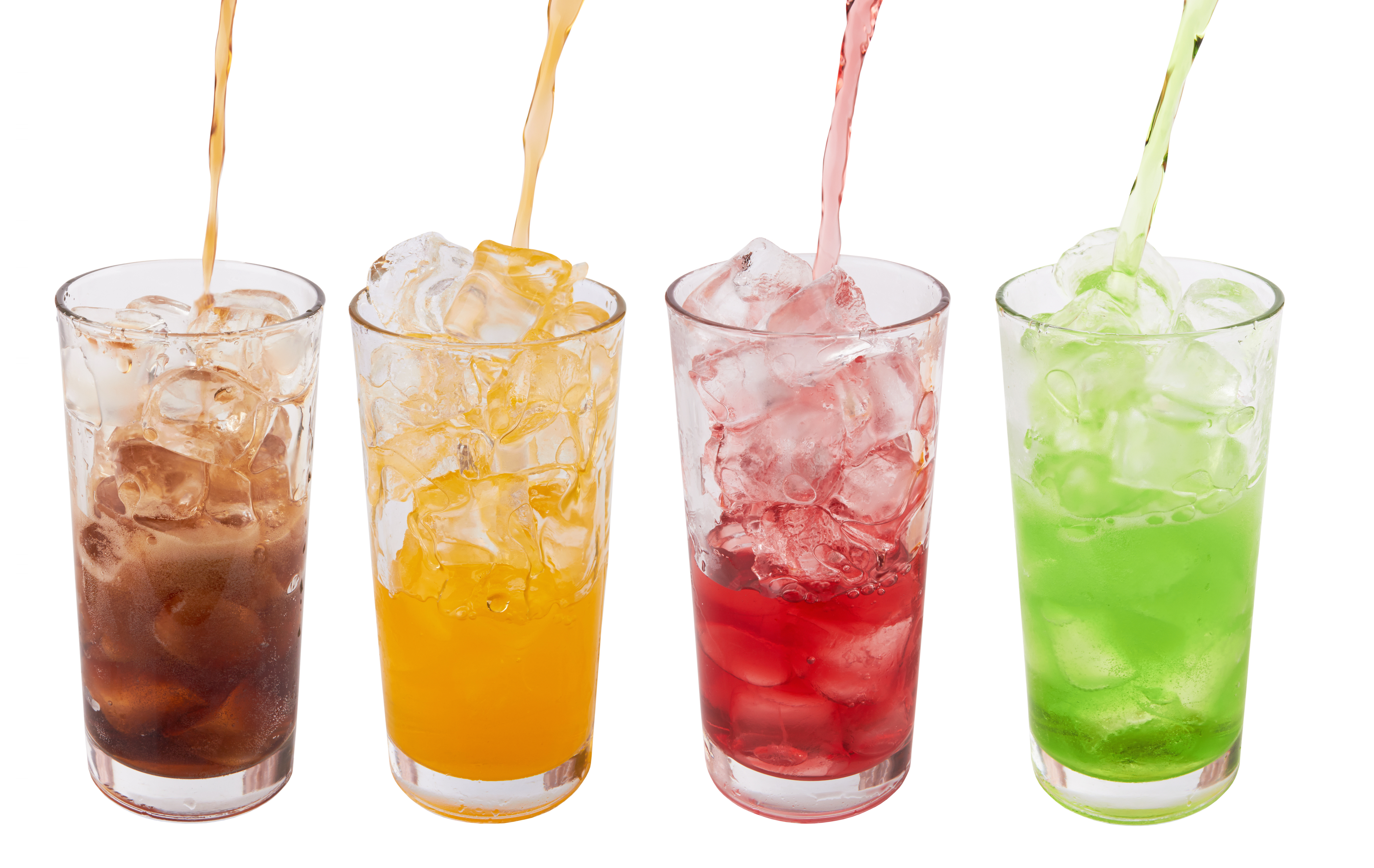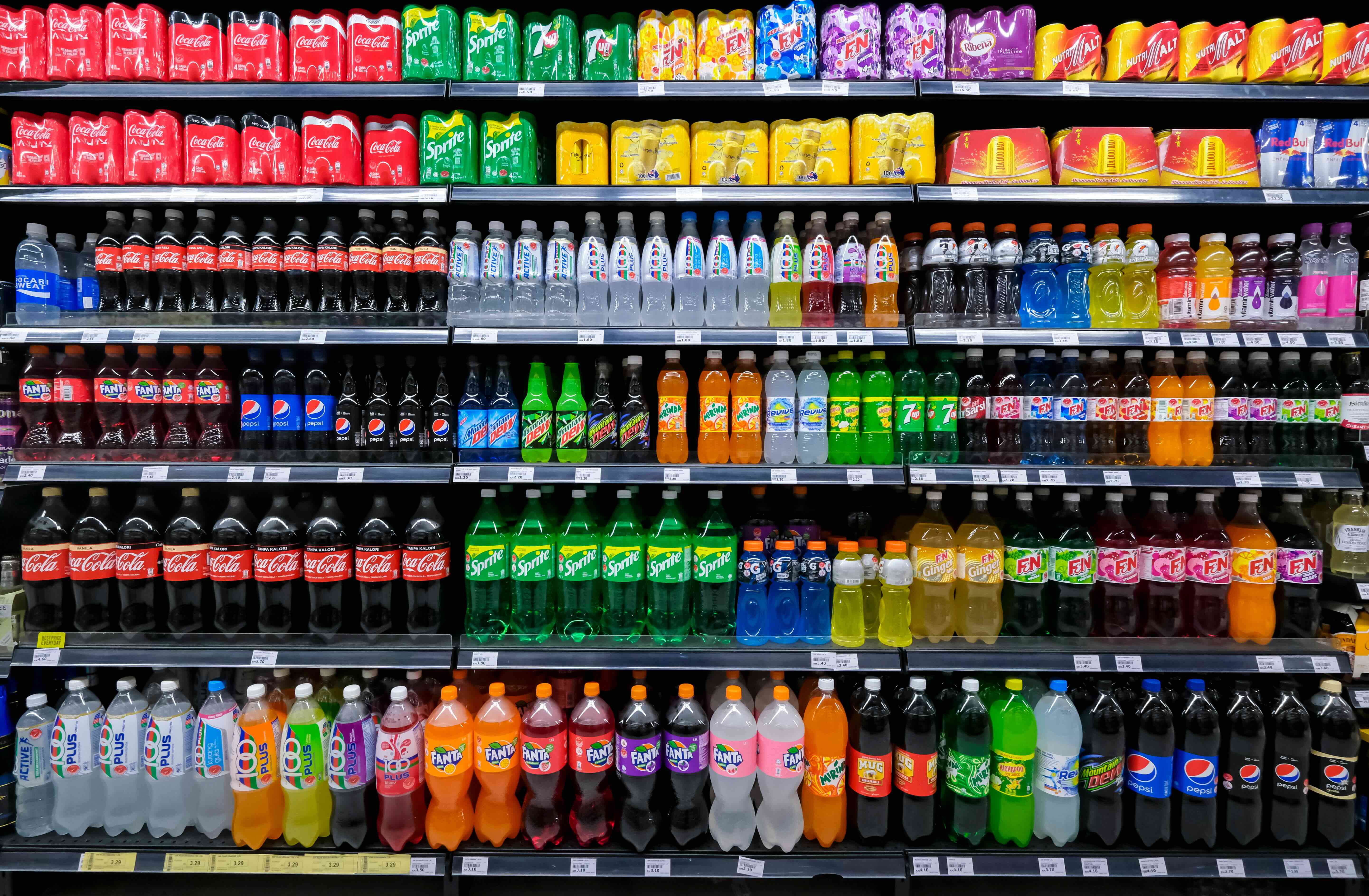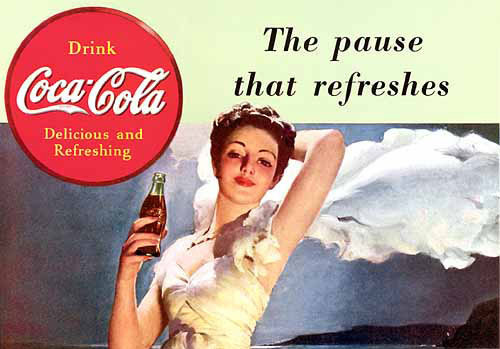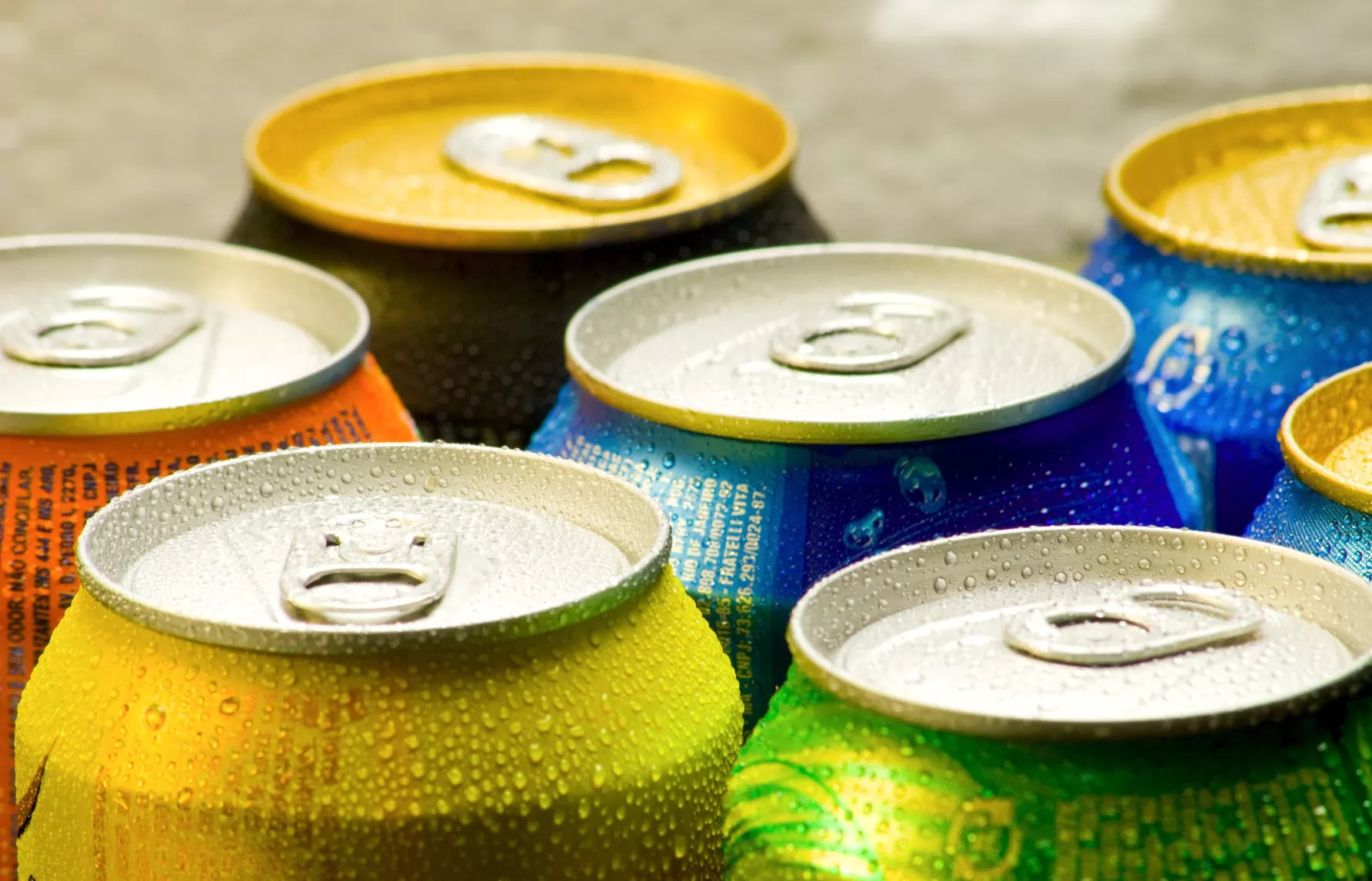
How the obesity debate is artificially sweetened

The soft-drink industry is shifting attention from a healthy diet to an active lifestyle with an emphasis on energy balance. And it’s masking the risks of high-sugar diets
Published 11 January 2016
Once advertised as “the pause that refreshes,” soft drinks are now singled out as one of the leading causes of overweight and obesity.
Rather than deny their involvement in the problem, the beverage industry now presents itself as part of the solution to obesity with an emphasis on balancing calories consumed with exercise.

As Marion Nestle describes in her book, Soda Politics: “Soda company ‘healthwashing’ is invariably designed to promote goodwill, legitimacy, and health halos, and to mask the underlying profit motive”.
My PhD research explores how the Australian beverage industry responds to health concerns about sugary drinks.
Controversy over the role of the private sector in solutions to public health problems suggests the response of the beverage industry warrants close academic scrutiny.

As public health advocates from the tobacco wars focus on the new “industrial epidemics” of obesity and other non-communicable diseases, the beverage industry is now faced with the task of responding to health concerns about their products.
Some public health advocates have unfavourably compared the soft drink industry’s corporate social responsibility campaigns to the tobacco industry.
Like the tobacco industry, the soft drink industry has tried to undermine the evidence base against their products including activities such as funding counter studies, covering up proof and denying evidence.
When these strategies were discovered, the tobacco industry was discounted as a legitimate player.
I found during my research that while there are similarities between the industries, it appears the beverage industry is strategically endeavouring to cultivate and maintain legitimacy to participate in public health solutions.

We’re here to help
Leading soft drink manufacturers like Coca-Cola Amatil and PepsiCo present themselves as part of the solution to overweight and obesity in Australia.
They have developed a number of policy responses to consumer and public health concerns including reformulating their products to contain fewer kilojoules, displaying kilojoule information on the front of packages, supporting sport and exercise programs and funding research about the benefits of energy balance.
Energy balance—balancing the kilojoules you consume with the kilojoules you burn off, underpins the beverage industry’s commitments to address obesity.

Health & Medicine
It’s time to drop the sugar coating
The beverage industry has been criticised for overemphasising the importance of exercise and shifting attention away from the importance of making dietary changes. Public health groups denounced Coca-Cola Amatil’s partnership with Bicycle Network in Victoria for this reason.
Less has been said about how the concept of energy balance itself benefits the beverage industry.
Energetic health initiatives
The industry uses the concept of energy balance to minimise the role soft drinks play in obesity.
In their Coming Together campaign, Coca-Cola stated that “all calories count… that goes for Coca-Cola and everything else with calories.”
While the idea that the beverage industry benefits from a focus on obesity may seem counter-intuitive, there is evidence that this may be the case.

Unlike dental cavities, which are strongly linked to consumption of sugary products, particularly sugary drinks, obesity is a complex, multifactorial issue. It is difficult to establish strong causation for a single factor, like the consumption of soft drinks, to rising rates of obesity.
So long as energy balance remains a credible explanation for obesity, the soft drink industry can use it to minimise their responsibility for the problem.
A number of authoritative health organisations support the concept of energy balance.

Health & Medicine
Would graphic warnings on unhealthy food make you think again?
According to the World Health Organization the fundamental cause of obesity is energy imbalance. In their media reports and policy submissions, the Australian beverage industry cites the WHO as an authoritative source to give credibility to their position.
The alignment between the beverage industry and health organisations also raises questions about how this may impact the ability of public health to criticise industry activities.
Soft drinks are a unique food category in that they offer energy only in the form of sugars. But energy balance does not measure where kilojoules come from, only the quantity consumed.
Sugar and other carbohydrates provide less energy than fats, leading some to suggest that a focus on energy balance is more favourable to carbohydrates than to fats or proteins.
The Australian beverage industry has used this focus on energy balance to argue that soft drinks contribute to only a small portion of energy intake. A 375ml can of Coca-Cola contains only 8 per cent of an individual’s energy intake according to Coca-Cola Amatil’s recently-launched Nutrition Comparison Tool.

A focus on sugar would be far less favourable to soft drinks: the same 375ml can of Coca-Cola contains 44 per cent of an individual’s sugar intake.
The beverage industry has opposed labelling schemes that list the sugar content of their products, such as the traffic light in the UK and the Health Star Rating in Australia and New Zealand.
While the beverage industry has signed onto Australia and New Zealand’s new Health Star Rating, they are only required to use the energy icon, where other products like cereals show the amount of sugar per serving in grams.

Business & Economics
Finance + Psychology: Finding a way to fight obesity
An artificial sweetener
Thus far, energy balance has been a useful concept for the beverage industry to support.
It has allowed manufacturers to minimise the culpability of a particular food or beverage (soft drinks) and push health debates away from the health risks posed by high-sugar diets by counting soft drinks only by the calories they contain.
Recent controversy in the United States over Coca-Cola’s sponsorship of scientific research may change this. Coca-Cola has been criticised for providing millions of dollars to support research which shows exercise is the most important element of energy balance, shifting attention away from the role diet plays in overweight and obesity.
This has resulted in both the beverage company as well as the concept of energy balance facing a loss of legitimacy in the media.
Whether this will impact the Australian beverage industry’s defence of their products or their position on energy balance remains to be seen.
While there is nothing unhealthy about getting more exercise, we must ensure the focus on energy in labelling and the beverage industry’s corporate social responsibility programs do not distract us from the importance of a healthy diet and the risks excessive sugar consumption poses to overall health, from dental cavities to diabetes.
Banner:: Shutterstock
